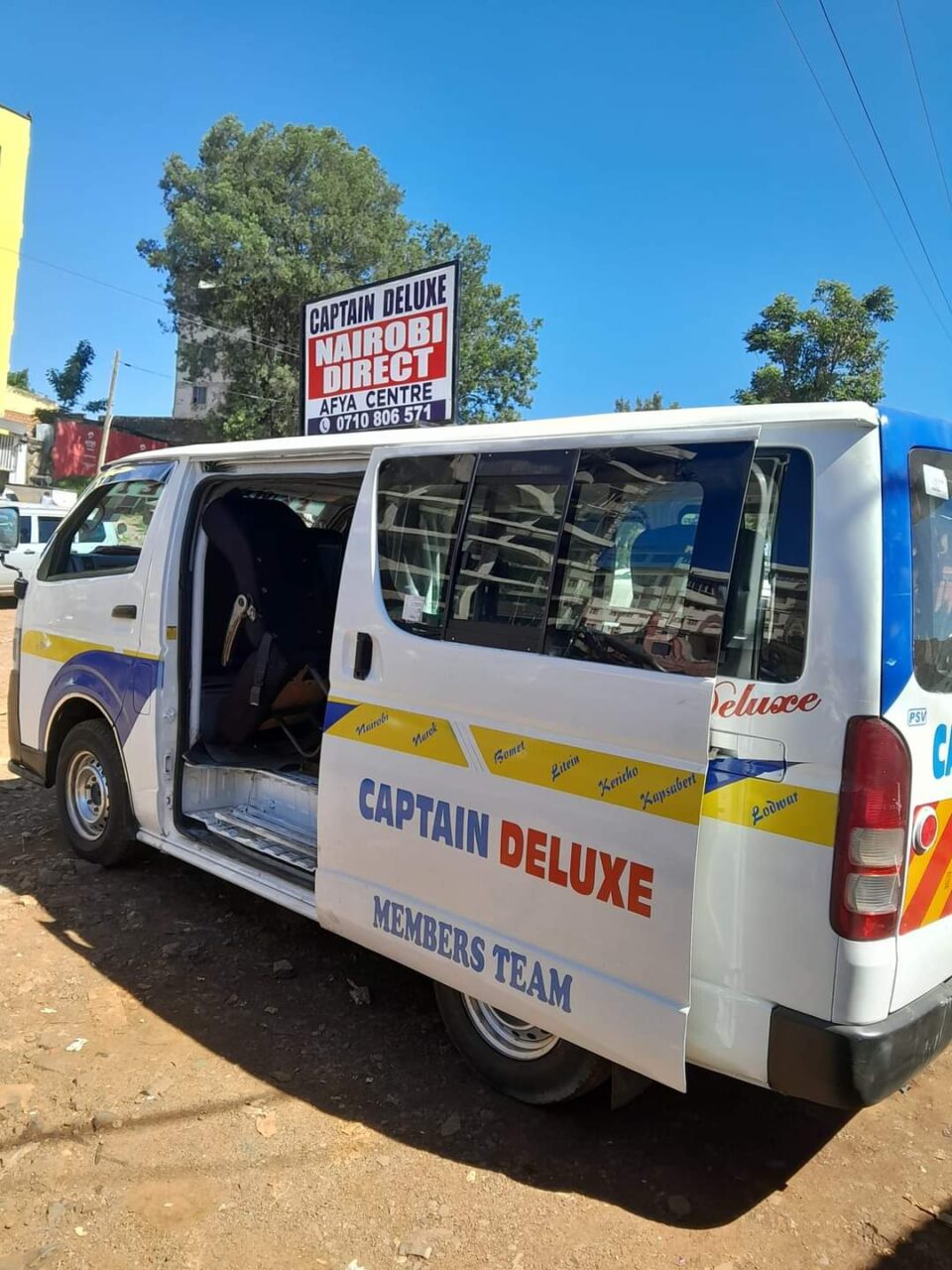Nairobi, the bustling capital city of Kenya, is known for its vibrant culture, bustling markets, and dynamic street life. However, amidst the hustle and bustle lie certain areas notorious for their dangerous corners.
In this comprehensive guide, we’ll delve into the risks and challenges faced in navigating four of Nairobi’s most perilous crossroads: Koja, Muthurwa, Easy Coach, and Afya Centre. From crime hotspots to traffic hazards, we’ll explore the dangers lurking in these urban junctions and provide insights on how to navigate them safely.
Koja:
Koja, located in Nairobi’s central business district (CBD), is infamous for its congested streets, chaotic markets, and high crime rates. The area is a melting pot of traders, commuters, and hustlers, making it a prime spot for pickpocketing, muggings, and other forms of street crime. Moreover, the narrow alleys and crowded stalls create an environment conducive to illicit activities such as drug dealing and petty theft.
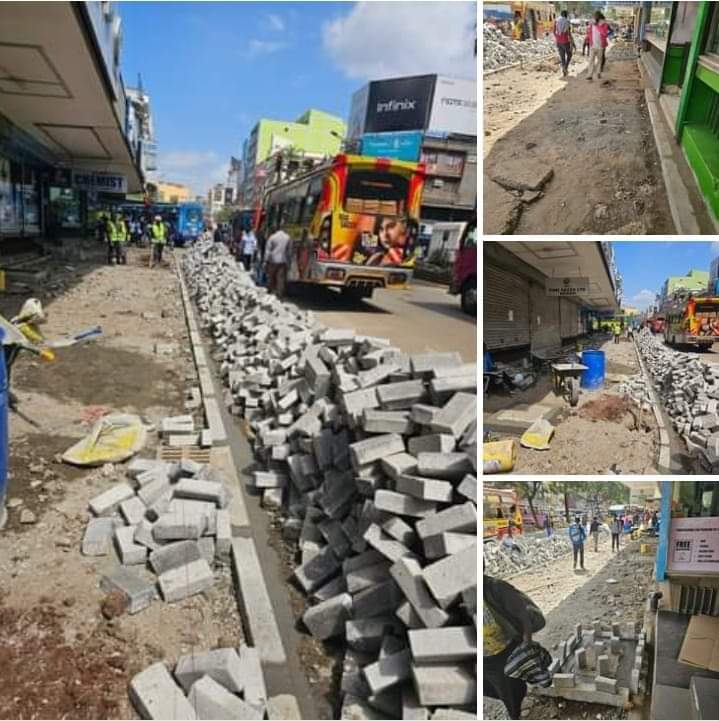
Navigating Koja requires vigilance and street smarts. Avoid displaying valuables openly, keep your belongings secure, and stay alert to your surroundings at all times. It’s advisable to stick to well-lit, busy streets and avoid venturing into isolated areas, especially after dark. Additionally, consider using alternative routes or transportation options to bypass the most congested areas.
Muthurwa:
Adjacent to Koja lies Muthurwa, another bustling marketplace teeming with activity. Muthurwa is known for its wholesale markets, where vendors trade in everything from fresh produce to household goods. However, like Koja, Muthurwa has a darker side characterized by crime and insecurity.
One of the main dangers in Muthurwa is the prevalence of counterfeit goods and illicit trade. Visitors should exercise caution when purchasing items from street vendors, as counterfeit products may be of inferior quality or even dangerous. Furthermore, the crowded nature of the market makes it a prime target for pickpockets and thieves.

When navigating Muthurwa, it’s essential to remain vigilant and avoid conspicuous displays of wealth. Keep your belongings secure and be wary of engaging with strangers who may have ulterior motives. If possible, shop during daylight hours and stick to well-trafficked areas to minimize the risk of encountering trouble.
Easy Coach:
Easy Coach is a major bus terminal located in Nairobi’s CBD, serving as a hub for long-distance travel to various destinations across Kenya and beyond. While the terminal itself is relatively safe, the surrounding area poses certain risks to travelers, particularly those unfamiliar with the area.
One of the primary concerns for travelers at Easy Coach is the risk of petty theft and scams. Pickpockets may prey on distracted passengers, especially during peak travel times when the terminal is crowded. Additionally, travelers should beware of individuals posing as bus company staff or offering fake tickets, as they may be attempting to defraud unsuspecting travelers.
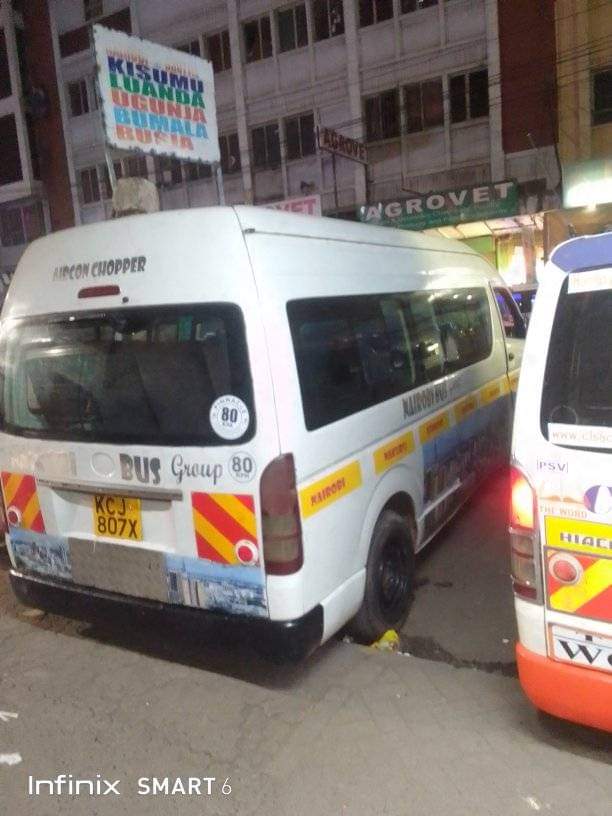
To mitigate the risk of falling victim to crime or scams at Easy Coach, travelers should exercise caution and remain vigilant at all times. Keep your belongings secure, avoid engaging with suspicious individuals, and verify the legitimacy of any tickets or offers before making a purchase. If possible, travel with a companion and avoid carrying large sums of cash or valuable items.
Afya Centre:
Afya Centre is a prominent landmark in Nairobi’s CBD, housing a mix of medical facilities, shops, and offices. While the area is bustling with activity during the day, it can become deserted and potentially dangerous after hours.
One of the main dangers in Afya Centre is the prevalence of street crime, including muggings and assaults. The area’s dimly lit streets and alleys provide cover for criminals, making it essential for visitors to remain vigilant, especially after dark. Additionally, the presence of drug dealers and other illicit activities further adds to the area’s risks.
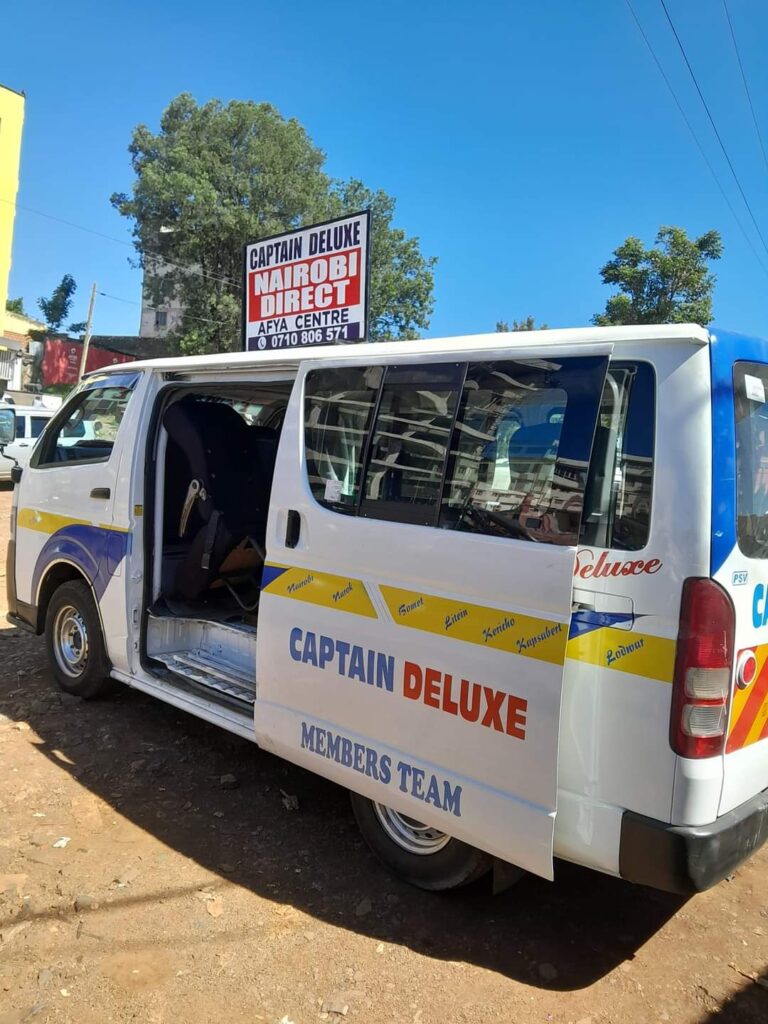
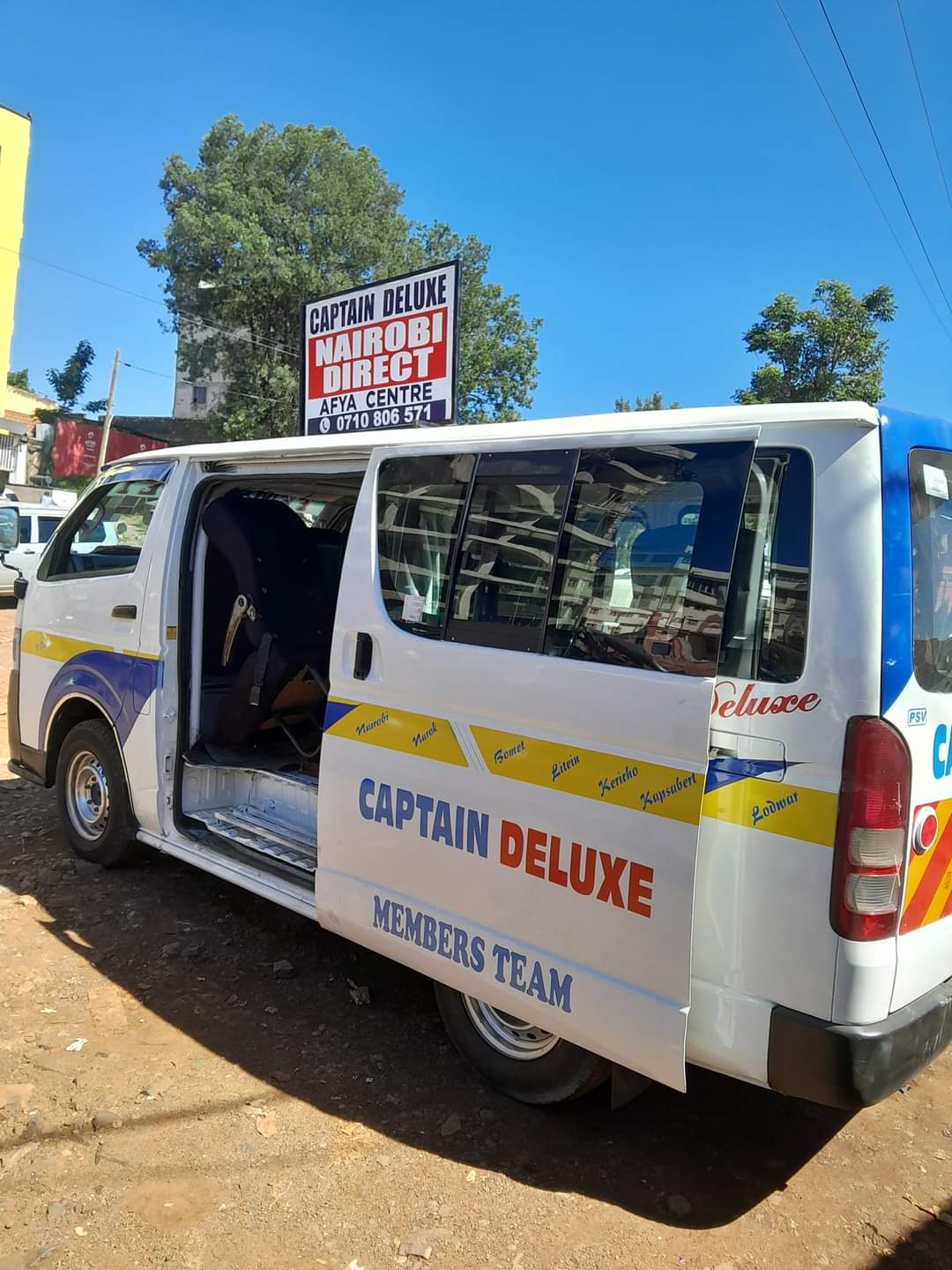
When navigating Afya Centre, it’s crucial to prioritize personal safety. Avoid walking alone, especially at night, and stick to well-lit, populated areas whenever possible. Consider using rideshare services or taxis for transportation after dark, and be cautious when interacting with strangers. By taking proactive measures to stay safe, visitors can minimize the risks associated with navigating Afya Centre.
Navigating Nairobi’s dangerous corners, including Koja, Muthurwa, Easy Coach, and Afya Centre, requires vigilance, street smarts, and a proactive approach to personal safety. From petty theft and scams to more serious crimes, these urban junctions present a myriad of risks to residents and visitors alike. By staying informed, remaining vigilant, and taking appropriate precautions, individuals can reduce their vulnerability and safely navigate Nairobi’s bustling streets.
Crime Hotspots and Safety Measures:
In addition to the general risks associated with navigating Koja, Muthurwa, Easy Coach, and Afya Centre, it’s essential to highlight specific crime hotspots within these areas and outline practical safety measures to mitigate these risks.
Koja: Within Koja, certain areas are known for their higher incidence of crime, including the crowded market stalls and narrow alleyways. Pickpocketing is prevalent in these congested areas, with thieves targeting distracted shoppers and commuters. Additionally, isolated spots away from main thoroughfares may pose a higher risk of muggings and assaults.
To stay safe in Koja, visitors should avoid carrying large sums of cash or valuable items and keep their belongings secure at all times. It’s advisable to use crossbody bags or money belts to deter pickpockets and minimize the risk of theft. Travelers should also be cautious when navigating the market stalls, staying alert to their surroundings and avoiding engaging with suspicious individuals.
Muthurwa: Similar to Koja, Muthurwa’s crowded markets and bustling streets are prime targets for pickpockets and thieves. Visitors should exercise caution when handling cash or displaying expensive items, as these actions may attract unwanted attention. Additionally, counterfeit goods are prevalent in Muthurwa, posing both economic and safety risks to unsuspecting consumers.
To reduce the risk of falling victim to crime in Muthurwa, travelers should avoid flashy displays of wealth and remain vigilant when shopping or commuting through the area. It’s essential to verify the authenticity of goods before making a purchase and to only carry the necessary amount of cash for transactions. Travelers should also be wary of strangers offering unsolicited assistance or attempting to engage in overly friendly conversation, as these interactions may be attempts to distract or deceive.
Easy Coach: While Easy Coach itself is a relatively safe environment, travelers should be wary of certain risks associated with the surrounding area, particularly when arriving or departing from the terminal. Pickpockets may target distracted passengers as they navigate the crowded terminal, especially during peak travel times when foot traffic is high.
To protect against theft and scams at Easy Coach, travelers should keep their belongings secure and avoid displaying valuable items openly. It’s advisable to use luggage locks or secure compartments to prevent unauthorized access to belongings during travel. Additionally, travelers should be cautious when approached by individuals offering assistance or services, as they may have ulterior motives.
Afya Centre: In Afya Centre, the risk of street crime is heightened after dark when the area becomes less populated and visibility decreases. Visitors should exercise caution when walking alone at night and avoid isolated areas or poorly lit streets. Muggings and assaults are potential risks in these circumstances, and travelers should prioritize personal safety above all else.
To stay safe in Afya Centre, travelers should plan their routes in advance and stick to well-lit, populated areas whenever possible. It’s advisable to travel with a companion or use rideshare services or taxis for transportation after dark. Additionally, remaining alert to one’s surroundings and trusting one’s instincts can help individuals identify and avoid potentially dangerous situations.
Community Engagement and Crime Prevention:
In addition to individual safety measures, community engagement and crime prevention initiatives play a crucial role in reducing crime and improving safety in areas like Koja, Muthurwa, Easy Coach, and Afya Centre. By fostering partnerships between local residents, businesses, and law enforcement agencies, communities can work together to address the root causes of crime and implement strategies to enhance public safety.
Neighborhood Watch Programs: Neighborhood watch programs empower residents to take an active role in monitoring and reporting suspicious activity in their communities. By organizing patrols and sharing information with law enforcement agencies, neighborhood watch groups can deter criminal behavior and create a sense of solidarity among residents.
Public Awareness Campaigns: Public awareness campaigns raise awareness about crime prevention strategies and educate residents about the risks associated with certain behaviors. These campaigns may include distributing informational materials, hosting community events, and leveraging social media platforms to reach a broader audience.
Collaborative Partnerships: Collaboration between local businesses, community organizations, and government agencies is essential for developing comprehensive crime prevention strategies. By pooling resources and expertise, stakeholders can implement initiatives tailored to the specific needs and challenges of each neighborhood.
Youth Outreach Programs: Engaging young people through educational programs, mentorship opportunities, and recreational activities can help steer them away from involvement in criminal activities. By investing in youth development and providing positive alternatives to delinquency, communities can break the cycle of crime and create a brighter future for the next generation.
By addressing the underlying social, economic, and environmental factors contributing to crime, communities can create safer, more vibrant neighborhoods where residents and visitors alike can thrive.
Navigating Nairobi’s dangerous corners, including Koja, Muthurwa, Easy Coach, and Afya Centre, requires a multifaceted approach that encompasses individual safety measures, community engagement, and crime prevention initiatives. From staying vigilant to fostering partnerships between residents and stakeholders, there are numerous steps that can be taken to enhance public safety and reduce the risks associated with these urban junctions.

